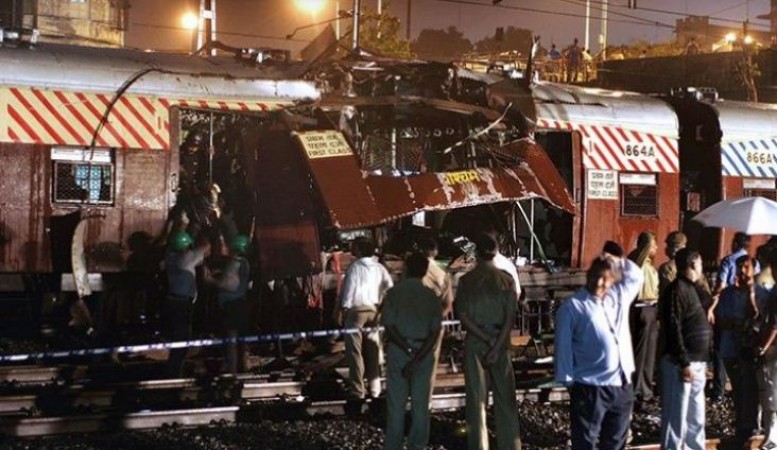
On July 11, 2006, Mumbai, the financial capital of India, witnessed one of the most devastating acts of terror in its history. Coordinated bomb blasts ripped through the city's suburban train network during the evening rush hour, leaving a trail of destruction, loss, and despair. As we commemorate the anniversary of the Mumbai train bombings, it is important to remember the victims and their families and reflect on the resilience and unity displayed by the city in the face of such a heinous act.
The Mumbai Train Bombings: On that fateful day, seven bombs exploded almost simultaneously on crowded trains on the Western line of Mumbai's suburban railway network. The blasts occurred between 6:24 pm and 6:35 pm, targeting rush-hour commuter trains as they approached railway stations. The locations targeted included the suburban stations of Matunga Road, Mahim, Bandra, Khar Road, Jogeshwari, Borivali, and Mira Road.
The coordinated nature of the bombings and the choice of crowded trains during peak hours resulted in immense human casualties and chaos. The blasts claimed the lives of 189 innocent people and injured over 800 others, many of whom suffered severe injuries.
Aftermath and Response: The Mumbai train bombings sent shockwaves across the nation and drew international condemnation. The city was plunged into grief and anguish as families mourned the loss of their loved ones. Hospitals were overwhelmed with the injured, and the emergency services worked tirelessly to provide aid and support.
In the face of this tragedy, the spirit of Mumbai shone through. The city's residents, undeterred by fear, immediately rallied together to assist the victims and their families. Blood donation drives were organized, relief funds were set up, and citizens volunteered their time and resources to help those affected.
Investigation and Justice: Following the bombings, an intensive investigation was launched to identify the perpetrators and bring them to justice. Over the course of the investigation, the police arrested several individuals associated with the banned extremist organization, Lashkar-e-Taiba, and the Students Islamic Movement of India (SIMI).
In the subsequent legal proceedings, several accused were convicted and sentenced for their involvement in the bombings. The justice system's response provided some closure to the victims' families, although the wounds caused by the attacks would never fully heal.
Remembrance and Lessons Learned: The anniversary of the Mumbai train bombings serves as a somber reminder of the price paid by innocent lives in the face of terrorism. It is crucial to honor the memory of those who lost their lives and support those who survived, physically and emotionally scarred by the events of that day.
This anniversary also provides an opportunity to reflect on the lessons learned from the tragedy. The Mumbai train bombings highlighted the need for improved security measures, better intelligence sharing, and enhanced coordination among law enforcement agencies. It prompted a renewed focus on counter-terrorism efforts and the strengthening of national security infrastructure.
The July 11, 2006 Mumbai train bombings were a dark chapter in the city's history, etching painful memories in the hearts of its residents. As we remember this tragic event, let us stand together in solidarity with the victims and their families, ensuring that their sacrifice is never forgotten. May their resilience and the spirit of Mumbai continue to inspire us to strive for a world free from the scourge of terrorism.